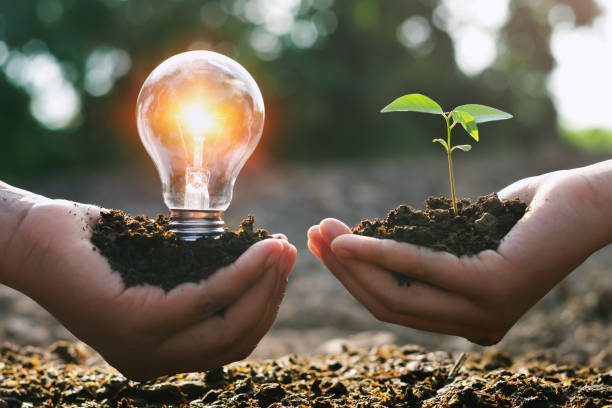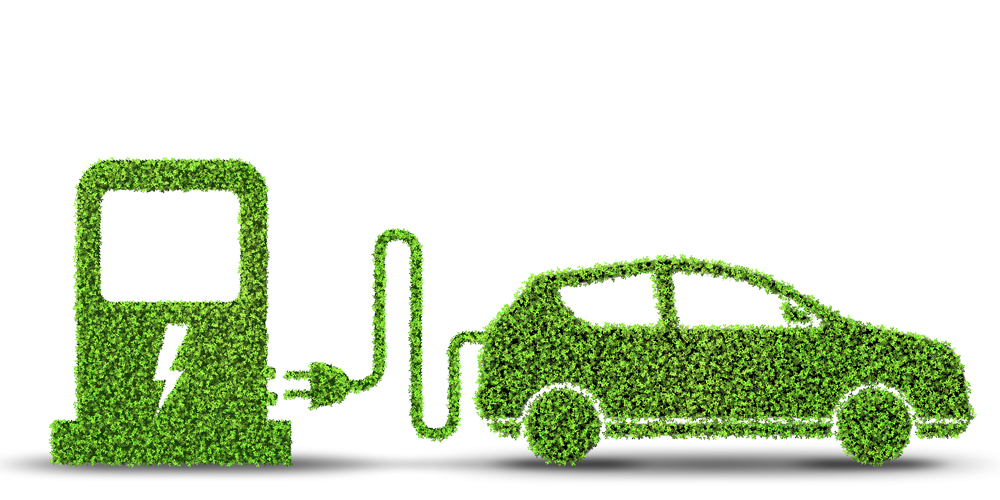Indonesia’s Green Trade Strategy: From Sustainable Palm Oil to Electric Vehicle Ambitions
As global trade shifts toward sustainability and climate-conscious policies, Indonesia is stepping up with a green trade strategy that reflects its evolving economic priorities and environmental commitments. From reforming its palm oil industry to leading electric vehicle (EV) development in Southeast Asia, Indonesia is aligning its trade policy with global environmental, social, and governance (ESG) standards.
This transformation presents significant opportunities for global investors, sustainable product buyers, and supply chain partners. In this article, we explore Indonesia’s journey toward a greener trade future and the strategic moves shaping its environmental trade narrative.
🌱 The Evolution of Indonesia’s Green Trade Policy
Indonesia’s trade strategy has long relied on commodities such as coal, palm oil, and minerals. However, with rising global pressure to combat climate change and meet Sustainable Development Goals (SDGs), the government is rethinking its approach.
Key Drivers Behind the Shift:
-
EU Deforestation-Free Regulation (EUDR) affecting palm oil and other commodities.
-
Indonesia’s commitment to net-zero emissions by 2060.
-
The global push for clean energy, ESG investment, and carbon border adjustments.
-
Competitive pressure from ASEAN peers transitioning to greener supply chains.
In response, Indonesia is now pursuing a “green trade” model that balances economic development with sustainability, offering global partners access to eco-friendly resources, responsible sourcing, and clean technologies.
📌 Learn more about Indonesia’s sustainable trade efforts at the Ministry of Trade.
🌴 Palm Oil: From Environmental Controversy to Sustainability Leadership
Indonesia is the world’s largest producer and exporter of crude palm oil (CPO), supplying over 50% of the global market. While palm oil has faced scrutiny for links to deforestation, Indonesia is transforming the industry with stronger regulations and global certifications.
Key Developments:
-
Indonesia Sustainable Palm Oil (ISPO): A mandatory sustainability certification launched by the government to improve transparency, environmental management, and social welfare in the palm oil sector.
-
RSPO Certification: Many Indonesian producers now comply with the Roundtable on Sustainable Palm Oil (RSPO) standards to maintain access to European and North American markets.
-
Satellite Monitoring: Government agencies are using AI and satellite data to detect illegal deforestation and track supply chains.
🌿 For companies sourcing palm oil responsibly, indonesia-agent.com/sourcing-solutions offers access to certified ISPO/RSPO suppliers.
⚡ Electric Vehicles (EVs): Driving Indonesia’s Green Industrialization
As the world accelerates the shift from internal combustion engines to electric mobility, Indonesia is seizing the opportunity to become a regional EV manufacturing hub.
Why? Because Indonesia holds the world’s largest nickel reserves, a critical mineral used in EV batteries. To capitalize on this, the government is implementing a national EV Roadmap under Presidential Regulation No. 55/2019.
Strategic Milestones:
-
Ban on raw nickel exports (since 2020) to encourage domestic battery and EV production.
-
Creation of Indonesia Battery Corporation (IBC), a state-owned enterprise partnering with global firms like LG Energy and CATL.
-
EV factories and industrial parks emerging in Batang (Central Java), Morowali (Sulawesi), and Bekasi (West Java).
Indonesia’s goal? Produce 600,000 EVs and 2.5 million electric motorcycles by 2030, reducing greenhouse gas emissions by 29% by 2030.
🔋 Looking to enter Indonesia’s EV supply chain? Discover partners at indonesia-agent.com/industrial-partners.
🏗️ Green Infrastructure & Trade Zones
The green trade strategy also includes investment in eco-friendly infrastructure, industrial zones, and ports designed with sustainability in mind.
Key Projects:
-
Green Industrial Park of North Kalimantan (GIPNK): Powered by hydropower, it’s expected to attract over $100 billion in green industry investments.
-
Eco-smart ports in Jakarta, Surabaya, and Batam with digital logistics and emissions tracking.
-
Government support for LEED-certified warehouses and solar-powered logistics hubs.
These initiatives make Indonesia’s trade zones ideal for sustainable manufacturing, especially in sectors like textiles, electronics, agribusiness, and automotive.
🌐 For insights into green trade zones, visit indonesia-agent.com/trade-zones.

🌾 Exporting Sustainability: Green Agriculture and Natural Products
Beyond palm oil, Indonesia is becoming a major exporter of eco-certified commodities, including:
-
Organic coffee and cocoa
-
Sustainably harvested rattan, bamboo, and spices
-
Aquaculture products certified by ASC and MSC standards
Efforts to certify, trace, and digitally label these goods are helping Indonesian producers meet rising demand in the EU, U.S., and Japan for traceable, eco-conscious products.
Global buyers increasingly seek partnerships with transparent sourcing agents in Indonesia who can deliver green-certified agricultural products with end-to-end visibility.
🌾 Tap into sustainable exports at indonesia-agent.com/green-exports.
🏭 Decarbonizing Manufacturing & Trade Operations
The government is also focused on reducing the carbon footprint of Indonesia’s manufacturing and trade sectors through:
-
Incentives for solar and renewable energy adoption in factories
-
Carbon pricing mechanisms, including a carbon tax and emissions trading scheme
-
Green finance programs through the Indonesia Investment Authority (INA)
This paves the way for foreign companies to build low-emissions factories and supply chains in Indonesia while accessing carbon credits and ESG funding.
📈 Learn how to green your production footprint at indonesia-agent.com/sustainable-manufacturing.
🌐 Indonesia and Global Green Trade Alliances
Indonesia is engaging in green diplomacy and trade agreements that prioritize sustainability and climate compliance. Notably:
-
IEU-CEPA (Indonesia-European Union Comprehensive Economic Partnership Agreement): Includes sustainability clauses related to palm oil, labor, and emissions.
-
ASEAN Green Trade Framework: Aligning regional environmental standards for trade.
-
Bilateral partnerships with South Korea, Japan, and Australia in EV, renewable energy, and circular economy projects.
These agreements are positioning Indonesia as a trusted green trade partner in the Indo-Pacific.
🌍 Explore trade entry strategies at indonesia-agent.com/trade-consulting.
✅ Challenges and Opportunities Ahead
While progress is promising, challenges remain:
-
Inconsistent enforcement of sustainability regulations
-
Land use conflicts and deforestation risks
-
Limited financing for green SMEs
-
Need for greater ESG education and supply chain transparency
Still, the upside is massive. As sustainability becomes a global trade prerequisite, early movers in Indonesia’s green economy will gain a strategic advantage.
For businesses, investors, and development agencies, Indonesia represents both a responsibility and an opportunity: to scale impact while gaining from one of Asia’s most vibrant markets.
📌 Final Thoughts: A Green Gateway for the Future
Indonesia’s green trade strategy is reshaping the country’s global economic identity. From sustainable palm oil and eco-agriculture to electric vehicles and green industrial zones, Indonesia is turning environmental challenges into long-term opportunities.
For global companies committed to sustainability, partnering with Indonesian suppliers, agents, and industry leaders presents a smart, forward-thinking move.
🌱 Ready to take the next step?
Let indonesia-agent.com help you identify certified suppliers, sustainable investment zones, and reliable sourcing agents tailored to your ESG goals.
